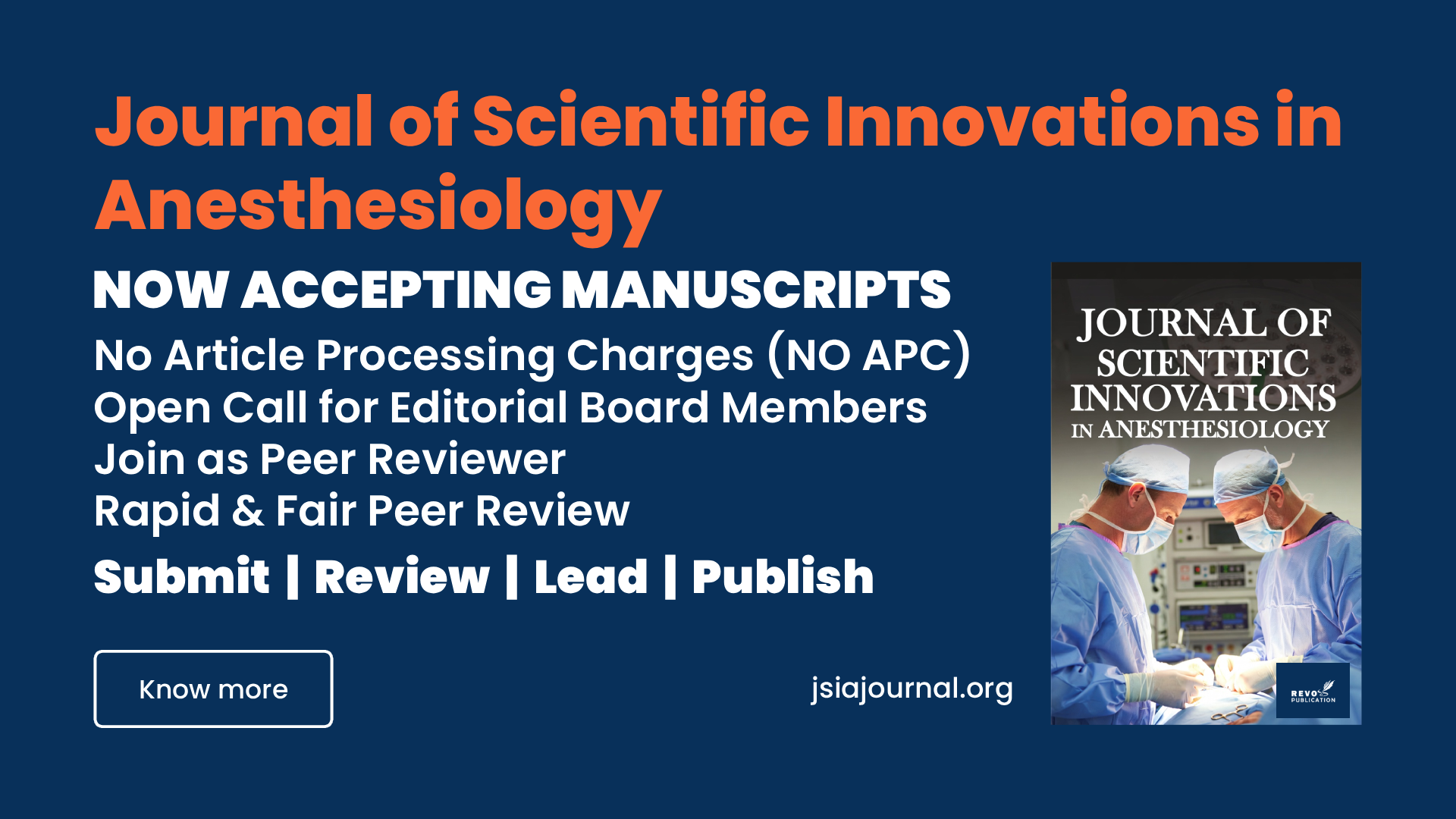Science Education Impact Factor, Quartile, Indexing, Ranking

Science Education (SE) is a scholarly journal dedicated to publishing research in the field of Social Sciences, and Published by John Wiley and Sons. The Print-ISSN of Science Education is 0036-8326 and its abbreviation is Sci Educ.
The latest Impact Factor of the Science Education for 2026-2027 is 4.3.The Publicaiton fees (APC) is $3,860 USD / £2,570 GBP / €3,190 EUR.
Science Education Aim and Scope
Science Education publishes original articles on the latest issues and trends occurring internationally in science curriculum, instruction, learning, policy and preparation of science teachers with the aim to advance our knowledge of science education theory and practice. In addition to original articles, the journal features the following special sections:
- Critical Perspectives in Science Education : composed of empirical research, conceptual arguments, or reviews that focus on science learning, pedagogies, cirricula, or initiatives that explicitly question or challenge the dominant goals and aims of the field. This may include macro- (e.g., policy) or ground-level (e.g., classrooms, out-of-school, community settings) considerations of: sociopolitical contexts of science oppression, their intersections, anti-oppressive directions, and/or alternative possibilities as they pertain to science education.
- Learning : consisting of theoretical and empirical research studies on learning of science. We invite manuscripts that investigate learning and its change and growth from various lenses, including psychological, social, cognitive, sociohistorical, and affective. Studies examining the relationship of learning to teaching, the science knowledge and practices, the learners themselves, and the contexts (social, political, physical, ideological, institutional, epistemological, and cultural) are similarly welcome.
- Issues and Trends : consisting primarily of analytical, interpretive, or persuasive essays on current educational, social, or philosophical issues and trends relevant to the teaching of science. This special section particularly seeks to promote informed dialogues about current issues in science education, and carefully reasoned papers representing disparate viewpoints are welcomed. Manuscripts submitted for this section may be in the form of a position paper, a polemical piece, or a creative commentary.
- Science Education Policy : including reports about the goals and/or underlying principles of policies adopted by government, interest groups, school districts, etc., and their effect on science teaching and learning. Additionally, research on science education policy relates to a critical examination of how theory, research, and practice of science education are influenced by policy decisions.
- Science Learning in Everyday Life : consisting of analytical, interpretative, or philosophical papers regarding learning science outside of the formal classroom. Papers should investigate experiences in settings such as community, home, the Internet, after school settings, museums, and other opportunities that develop science interest, knowledge or practices across the life span. Attention to issues and factors relating to equity in science learning are especially encouraged.
- Science Teacher Education : consisting of original empirical and/or theoretical research that examines the preparation of teachers, the work of teachers, or how teachers' work is influenced by a broader context. "Teacher education" refers to development throughout the continuum of one’s teaching career, from pre-service, through induction, into advanced professional stages of teaching.
- Comments and Criticism : provides a forum for the expression of differing viewpoints and the correction of misunderstanding regarding topics in published papers. Readers of the journal are earnestly invited to contribute their ideas to this forum. Contributions for the Comments and Criticism section should be relatively brief, normally two to four manuscript pages, and will be published as rapidly as possible.
- Books : covering reviews of recently published books in the field.
Science Education Details
| Journal title | Science Education (SE) |
| Abbreviation | Sci Educ |
| Print ISSN | 0036-8326 |
| Online ISSN | 1098-237X |
| Publisher Name | John Wiley and Sons |
| Editor-in-chief | Sherry Southerland and John Settlage |
| Subject Category | Social Sciences |
| Access type | Hybrid |
| Status | 🟢 Active |
Science Education Metrics and Rankings
In the context of academic journals, "Metrics and Rankings" refer to various measures and evaluations used to assess the quality, influence, and impact of a journal.
Below are the metrics and rankings for the journal Science Education
| Impact Factor | 4.3 |
| SJR | 2.115 |
| SNIP | 3.085 |
| Ranking | 1183 |
| CiteScore | 9.3 |
| H-Index | 127 |
| Quartile | Q1 |
Science Education Article Processing Charge (APC)
| Article Publication Charges (APC) |
$3,860 USD / £2,570 GBP / €3,190 EUR ✳️Without APC Social Sciences Journals |
Science Education Abstracting and Indexing
Abstracting and Indexing (A&I) refers to the processes that help organize and categorize academic journals, making them easier to find and access for researchers and scholars
| Abstracting and Indexing |
Science Education Submission
If you would like to submit a manuscript or visit the journal's website, please click on the link below.
| Journal Submission | 🔗 Journal Website |
Advertisement
Social Sciences Journals List
- Antiquity Social Sciences Impact Factor, Indexing, Ranking
- Antiquite Tardive Social Sciences Impact Factor, Indexing, Ranking
- Antiquaries Journal Social Sciences Impact Factor, Indexing, Ranking
- Antipoda Social Sciences Impact Factor, Indexing, Ranking
- Anthropology Today Social Sciences Impact Factor, Indexing, Ranking
- Anthropology in Action Social Sciences Impact Factor, Indexing, Ranking
- Anthropology and Medicine Social Sciences Impact Factor, Indexing, Ranking
- Anthropology and Humanism Social Sciences Impact Factor, Indexing, Ranking
- Anthropological Theory Social Sciences Impact Factor, Indexing, Ranking
- Anthropological Science Social Sciences Impact Factor, Indexing, Ranking

